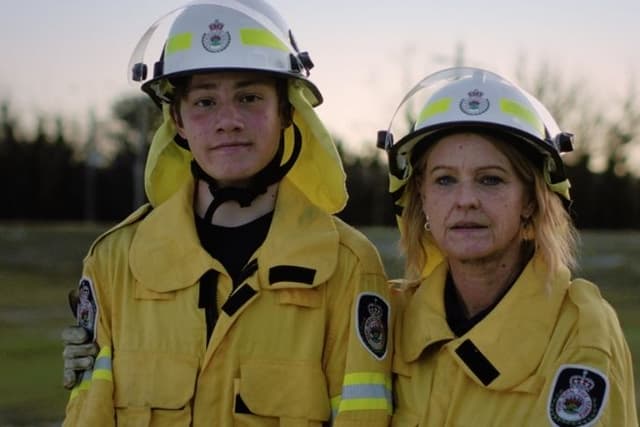
Resilient Australia - Building Resilience To Natural Disasters - Stories Of Hope
Lesson6 of 9 in this unit
SecondaryYear 7 - 8EnglishReadingEnvironmentalDisaster resilienceSocialLeadershipSocial Action
Summary
Lesson Guides and Printables
Lesson Plan

Student Worksheet

Teacher Content Info
